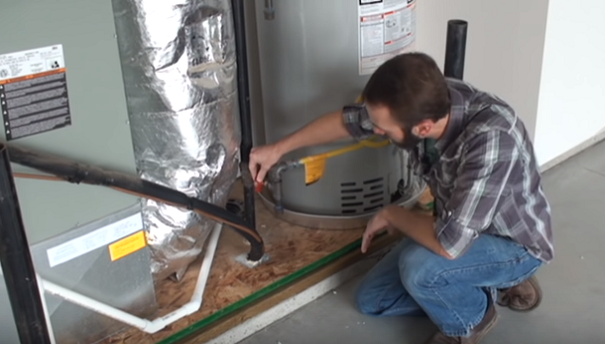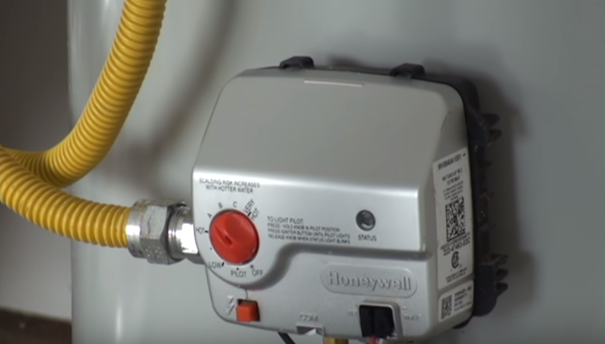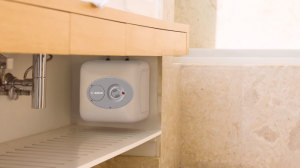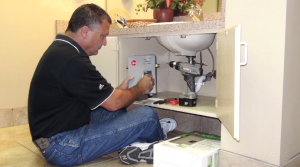Water quality is an often-debated topic, and there are a number of different factors that can affect it. For example, the quality of the water in your area might depend on what kind of ground materials are below the water supply pipes. When you have substances such as lead or copper underground, they could leak into the water and contaminate it, contact plumbers near me.
The Following Are The Biggest Factors That Affect Water Quality:
1. Used Pesticides
There are times when used pesticides end up in the water supply even though they were erased from the garden or fields where they were used. All pesticides eventually leak into the water, causing a variety of detrimental effects on aquatic organisms. Some insects, like mosquitoes and ticks can also end up in the water and cause disease in the people who drink it. These substances are hazardous to people’s health and are harmful to the environment as well.
2. Oil Spills
Also referred to as booms or oil slicks, these are very common in coastal waterways around the country. Oil spills come from crude oil tankers, offshore oil drilling operations, and fuel terminals. Booms have been used by ship accident investigators since they were invented in 1913 as a way to recover spilled oil without damaging the environment or wildlife. These are made out of a very lightweight material that will not degrade or disintegrate.
3. Petroleum Distillates
These distillates are the waste products from oil refining that make their way into the water supply. They are highly toxic to aquatic creatures and animals, and could cause numerous different health problems if ingested in large amounts. These substances are typically discharged from refineries into the waterways, which is considered a form of environmental pollution.
4. Toilet Paper Waste
These types of materials end up in streams and rivers as a result of people flushing their toilet plungers down them. They break down very quickly, but also adsorb substances that might otherwise harm the water quality. These materials can also bind to pollutants and lead to blockages downstream. Wastes like this are known as non-biodegradable matter.
5. Tires
Tires used on roads and highways can end up in waterways when they get worn out and are dumped on the ground or into nearby rivers or creeks. Because tires do not biodegrade, they can be a serious pollution threat to the aquatic environment. They contain harmful chemicals such as lead, which is a very toxic substance that could cause numerous health problems if ingested in large amounts by fish or other creatures in the water supply.
6. Plastics Pollution
There are a number of different plastics in our environment today, and these types of materials can absorb chemicals that are harmful to our health and the environment. These substances can also lead to blockages downstream that could cause microbes to build up and multiply, causing fish kills and other problems with the water quality. There are also microorganisms in the water, like bacteria or fungi that eat plastic debris and end up stuck in the gut of fish. These organisms could contaminate our drinking water supply if they make their way into a stream or a river.
7. Erosion
This type of pollution occurs when sediment and dirt flow into the water supply from nearby construction sites or man-made ponds or lakes. When there is excessive runoff, erosion and sediment build up could contaminate the water source, which will certainly have a negative effect on aquatic wildlife.
…



 3.How to replace a water heater resistor
3.How to replace a water heater resistor